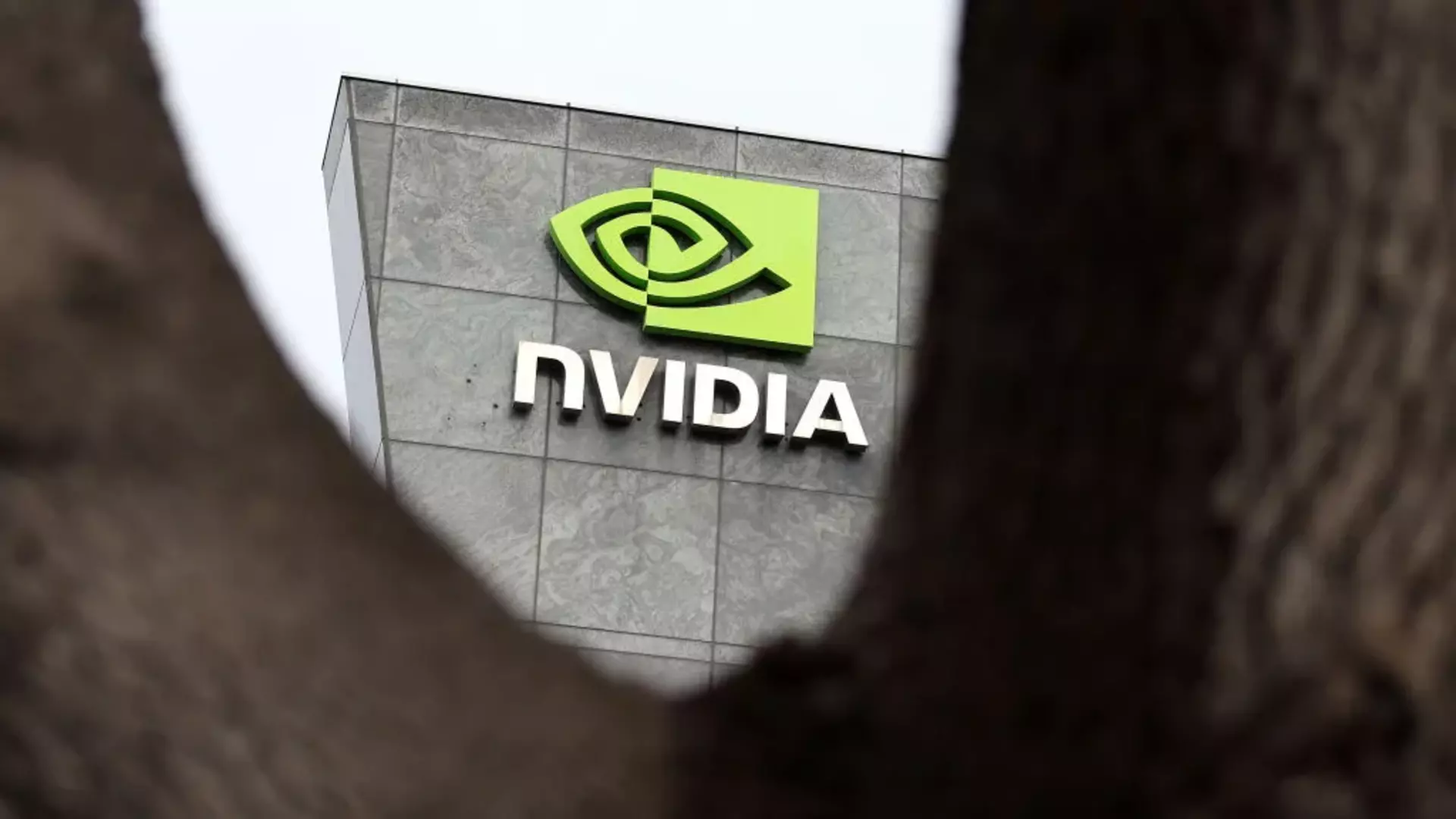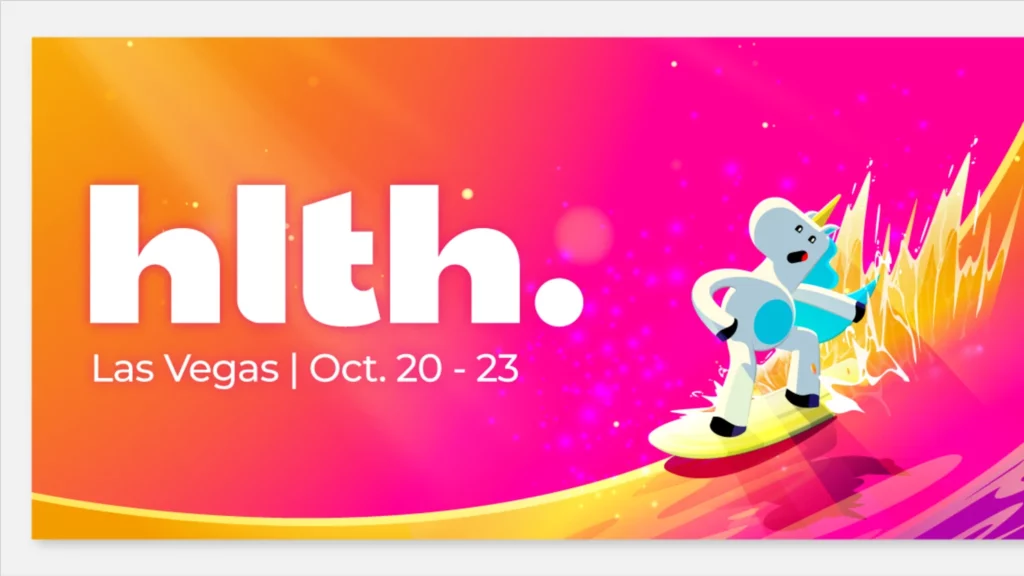
Nvidia, Google, Microsoft, and a host of other tech companies are heading to Las Vegas to showcase their AI-powered health-care tools, aimed at reducing the administrative burden on doctors and nurses. At the HLTH conference, which kicks off on Sunday and is expected to attract over 12,000 industry leaders, AI tools will take center stage, particularly those designed to streamline time-consuming administrative tasks that contribute to health-care worker burnout.
Doctors and nurses face a heavy documentation workload, managing patient records, interacting with insurance companies, and complying with regulations. These administrative tasks are largely manual, made more challenging by fragmented data systems across multiple vendors. This burden has been linked to an expected shortage of 100,000 health-care workers by 2028, according to consulting firm Mercer. Tech companies see an opportunity in this space, especially with health-care spending projected to surpass $6.8 trillion by the end of the decade.
Google is among the companies showcasing its AI tools at the conference. Last Thursday, it announced the general availability of Vertex AI Search for Healthcare, a tool that allows developers to create systems to quickly search across different medical records, building on a trial introduced at last year’s HLTH conference. Google also expanded its Healthcare Data Engine, enabling organizations to support AI applications. A recent Google survey found that clinicians spend about 28 hours a week on administrative work, with 80% saying it detracts from patient care. Additionally, 91% of providers reported being positive about using AI to ease their workload.
Microsoft, too, is joining the push with its suite of tools aimed at reducing the administrative strain on clinicians. These tools include medical imaging models, a health-care agent service, and an automated documentation solution for nurses. While many of these are still in early development, Microsoft’s acquisition of Nuance Communications for $16 billion in 2021 has already produced DAX Copilot, an AI-driven documentation tool that transcribes doctor-patient visits into clinical notes. Microsoft is also developing a separate tool specifically for nurses, addressing the different types of documentation they handle during their shifts.

Other companies like Abridge and Suki are also competing in this space. Abridge, which received a significant investment from Nvidia’s venture capital arm, provides AI-powered clinical documentation tools and will also be present at HLTH. Abridge CEO Dr. Shiv Rao noted earlier this year that the health-care industry’s adoption of AI scribe tools has been rapid, calling the pace “historic.”
Nvidia is preparing to demonstrate its AI capabilities for health care at the conference as well. Kimberly Powell, Nvidia’s vice president of health care, will deliver a keynote addressing how generative AI can free up more time for doctors and nurses to focus on patient care. Nvidia has established a significant presence in the health-care sector, offering AI solutions for drug discovery, medical imaging, and genomics. The company has also expanded partnerships with major players such as Johnson & Johnson and GE HealthCare.
Despite the rapid advancements in AI technology, many health systems are still in the early stages of evaluating these tools. The HLTH conference will be a proving ground for tech companies eager to demonstrate their ability to solve the complex challenges of health-care administration.
Featured Image courtesy of CCN.com
Follow us for more tech news updates.
